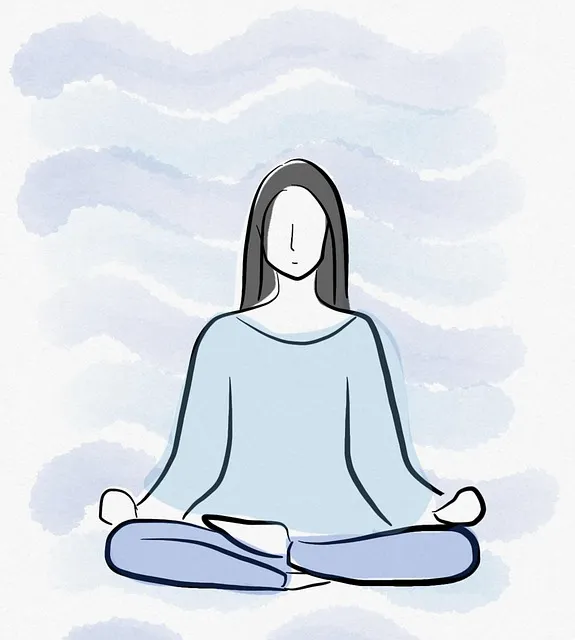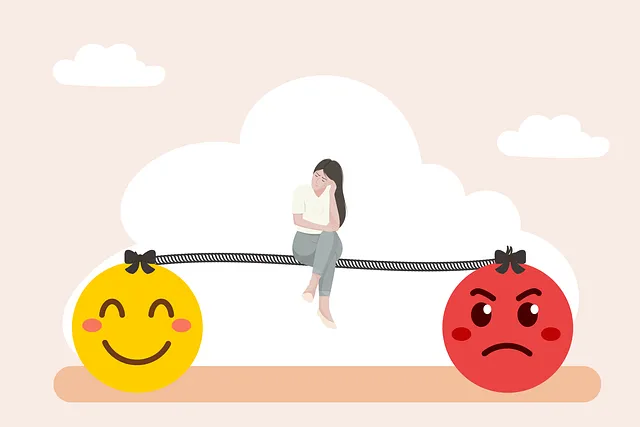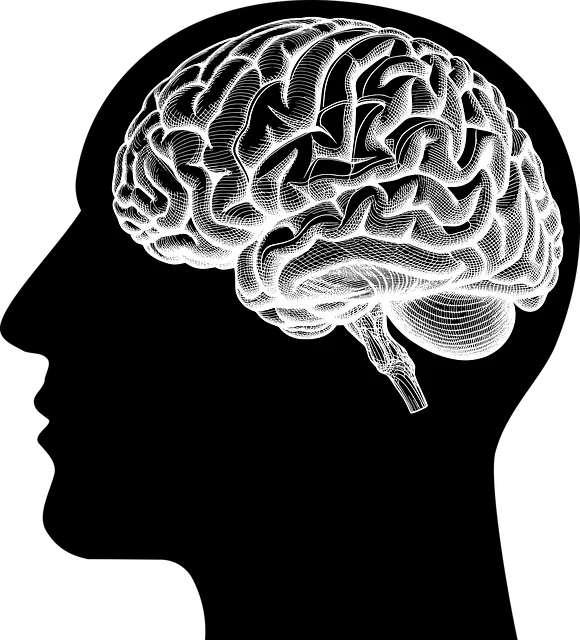Resilience is a key component of mental wellness, especially for healthcare providers in stressful environments. Kaiser Permanente Littleton leads in this area with RFM (Recovery, Resilience, and Mental Health) exercises designed to prevent burnout, improve stress management, enhance social skills, and ultimately better patient care. Their holistic approach includes self-awareness exercises, workshops, and advocacy, impacting both their community members and the broader Littleton region. Building resilience at home through mindfulness, structured routines, and stress reduction techniques is a vital strategy for mental well-being, supported by organizations like Kaiser Permanente.
Resilience, the ability to adapt and bounce back from challenges, is a vital component of our mental well-being. In today’s fast-paced world, understanding and cultivating resilience is more important than ever. This article explores the power of RFM (Recovery, Flexibility, and Mastery) as a framework for building resilience, with a focus on Kaiser Permanente Littleton’s role in promoting mental health through innovative programs. We’ll also provide practical exercises to help you strengthen your resilience right at home.
- Understanding RFM and Its Impact on Mental Health
- Kaiser Permanente Littleton: A Hub for Resilience Building
- Practical Exercises to Strengthen Resilience at Home
Understanding RFM and Its Impact on Mental Health

Resilience is a key component of mental wellness, and it’s especially crucial for healthcare providers who often face high-stress environments at work. RFM (Recovery, Resilience, and Mental Health) exercises are designed to bolster an individual’s resilience and overall mental health. These strategies, popularized by organizations like Kaiser Permanente, aim to prevent burnout among healthcare professionals in Littleton and beyond. By focusing on recovery techniques, building resilient coping mechanisms, and prioritizing mental wellness, these exercises empower providers to better manage stress, enhance their social skills, and ultimately, deliver higher-quality care.
The impact of RFM extends beyond individual well-being; it influences the overall culture within healthcare settings. When more professionals prioritize their mental health through such training, workplace dynamics can improve, fostering a supportive environment that encourages open discussions about stress management and burnout prevention. This, in turn, leads to higher job satisfaction and better patient outcomes.
Kaiser Permanente Littleton: A Hub for Resilience Building

Kaiser Permanente Littleton stands as a beacon for resilience building, offering a range of services aimed at enhancing mental health and well-being. This healthcare organization prioritizes self-awareness exercises and stress management workshops, ensuring their community is equipped to navigate life’s challenges. Through these initiatives, Kaiser Permanente fosters an environment where individuals can develop the tools necessary to cope with adversity, promoting resilience both within their facilities and beyond.
The mental health focus at Kaiser Permanente Littleton extends beyond individual care. As a hub for mental health advocacy, they actively engage in policy analysis and community education, driving conversations around mental health awareness. By integrating self-care practices into their organizational culture, this healthcare provider is making significant strides in supporting not only their patients but also the broader Littleton community. This holistic approach to mental health underscores Kaiser Permanente’s commitment to building resilience where it matters most—in people’s lives.
Practical Exercises to Strengthen Resilience at Home

Building resilience at home is a powerful way to enhance your mental well-being, especially in light of the Mental Illness Stigma Reduction Efforts ongoing worldwide. Organizations like Kaiser Permanente recognize this and offer valuable resources to their members, including those in Littleton. One practical approach is incorporating daily mindfulness exercises into your routine. Simple practices such as deep breathing techniques or short meditation sessions can significantly reduce stress levels and improve overall mental health. These activities teach individuals to stay grounded in the present moment, fostering a sense of calm even during challenging times.
Additionally, creating structured routines can act as an effective Stress Management Workshop Organization method. Consistency in daily activities provides a sense of control and predictability, which is crucial for building resilience. Whether it’s dedicated time for hobbies, regular exercise, or consistent sleep patterns, establishing these routines at home allows individuals to better manage stress and maintain mental equilibrium. Such practices are not only beneficial for personal well-being but also powerful tools in the ongoing Stress Reduction Methods conversation.
Resilience is a powerful tool in navigating life’s challenges, and RFM exercises have proven effective in enhancing mental well-being. As highlighted by Kaiser Permanente Littleton, these practices can transform lives, fostering strength and adaptability. By incorporating practical resilience-building techniques into daily routines, individuals can significantly improve their ability to cope with stress and adversity. With the support of resources like those offered by Kaiser Permanente, the journey towards a more resilient mindset is accessible to all, ultimately contributing to improved mental health outcomes in the community.






